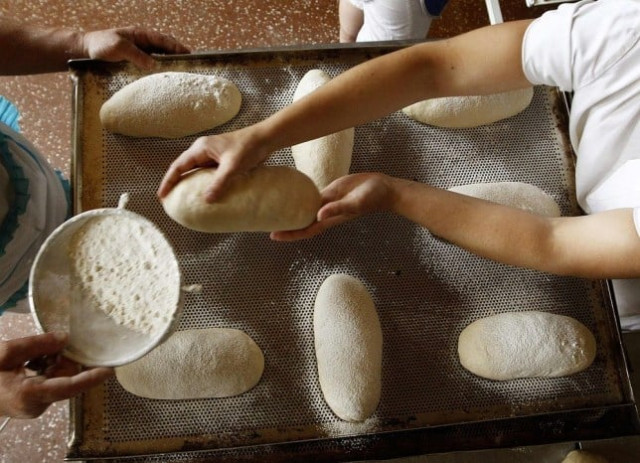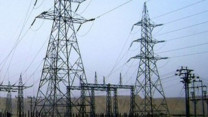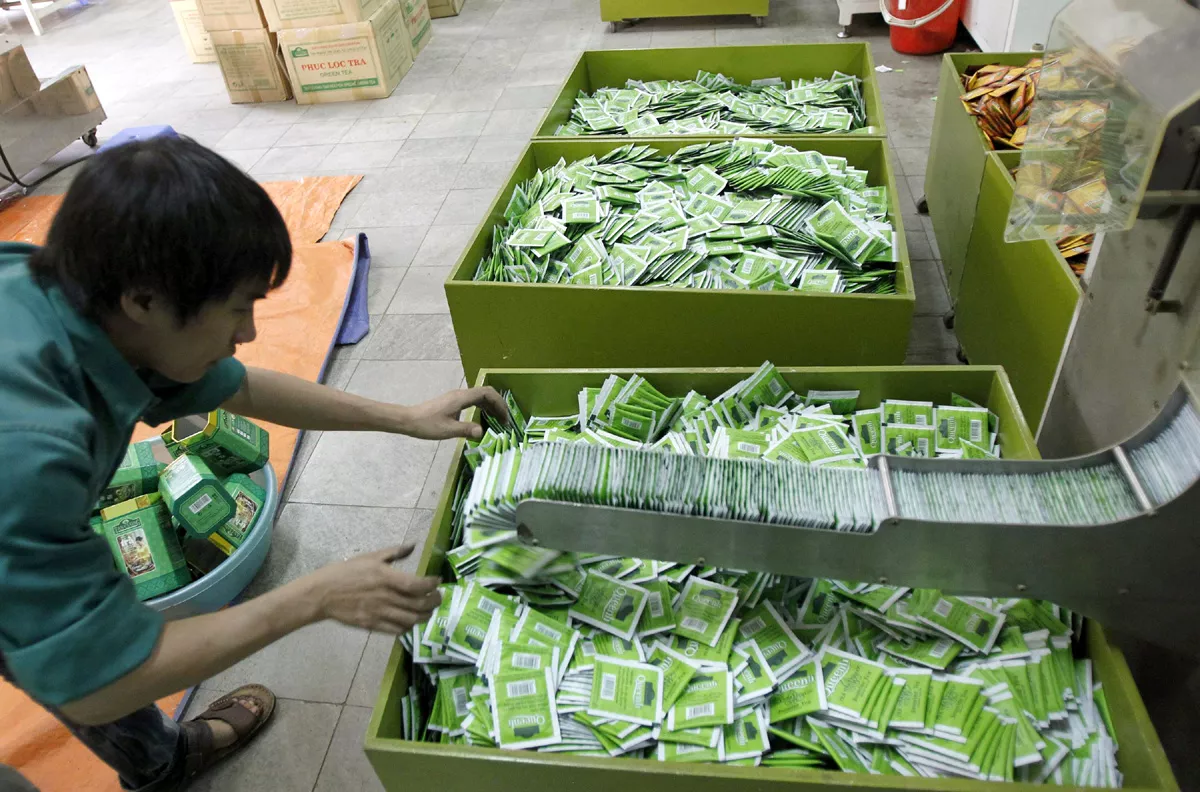CCP slaps Rs75m penalty on flour mills association
Body was found involved in fixing wheat flour price in violation of law

PHOTO: REUTERS
The Competition Commission of Pakistan (CCP) has held that PFMA violated Section 4 of the Competition Act 2010 by fixing the price of wheat flour, providing a platform to share commercially sensitive information and fixing the production quantities of wheat flour, according to a statement issued by the CCP. Accordingly, a maximum penalty of Rs75 million was imposed on PFMA, it added.
The decision came amid an increase in prices of wheat, wheat flour, sugar and other edible items due to supply disruptions and administrative failures.
However, the CCP has been unable to enforce its decisions in the past, except in a few cases, due to ongoing court cases that have questioned the existence of one of the most critical government departments.
The CCP is mandated under the Competition Act to ensure free competition in all spheres of commercial and economic activity, enhance economic efficiency and protect consumers from anti-competitive practices including prohibited agreements.
The CCP had taken notice of various news stories suggesting an unusual hike in prices of wheat flour or wheat atta across Pakistan and carried out raid on PFMA’s premises. The search and inspection of the premises was carried out on October 4, 2016 and documents were seized.
The inquiry into the matter concluded that PFMA was providing a platform to its members for setting prices of wheat flour to avoid any form of competition, which was in violation of Section 4 of the Act, stated the CCP.
After hearing the parties, the CCP’s bench comprising Chairperson Vadiyya Khalil and members Muhammad Saleem and Shahzad Ansar passed the order.
In its order, the CCP observed that under Article 38 of the Constitution the state is responsible to ensure the provision of food and basic necessities at fair prices along with other social and economic benefits to its citizens. Accordingly, Provincial Food Departments set a maximum cap of the wheat flour price under the Foodstuffs (Control) Act, 1958; as wheat is Pakistan’s dietary staple and used by consumers belonging to all socio-economic groups.
Wheat flour currently contributes 72% of Pakistan’s daily caloric intake with per capita wheat consumption of around 124 kg per year, one of the highest in the world.
The CCP observed that having a maximum cap on the essential food item benefits the consumer to bargain for a lower price and prevents retailers from overcharging consumers. This also enables retailers to offer discount on the product in order to increase their sales.
The PFMA, in complete disregard of the aforesaid objective, deliberately fixed the rates of wheat flour by conducting meetings and discussing the prices as well as the quantities to be produced and supplied by flour mills in violation of Section 4 of the Competition Act.
In its order, the CCP further observed that fixing of prices by competitors; is one of the most egregious and serious violations of Competition Law; in fact it disturbs the central nervous system of the economy, hence cannot be tolerated at all.
While disposing of the matter CCP, with reference to the role of associations, observed that rule of thumb is not to allow discussion, deliberations or sharing of sensitive commercial information that may allow members, who are competitors, to coordinate business policy. Further, it is not the role of association to ensure that each and every member of the association has a profitable business.
CCP also observed that discussion, deliberation and decisions regarding purely business concerns like current and future pricing, production and marketing are anti-competitive and should be avoided at all costs by the associations. Associations have a responsibility to ensure that their forum is not used as a platform for collusive activities.
Given the seriousness of the violation as discussed above and the importance of wheat flour in our daily life and the continued practice of price fixing since 2009; a maximum fine of Rs75 million was imposed on PFMA.
Although the prices were determined by the Punjab government in 2015 as well, the notice of the executive committee meeting clearly indicates that PFMA is engaging its members in order to formulate a uniform policy viz, the availability ie production quotas and the prices to be fixed by them.
PFMA response to CCP
During hearings, the PFMA took a stance that it was not an undertaking as defined in Competition Act, 2010; since it was not in any way engaged directly or indirectly in the production, supply or distribution of goods or provision of services. The PFMA did not enter into any agreement prohibited under Section 4 of the Competition Act, 2010, it added.
The association had further claimed that the PFMA did not fix the purchase or selling price of wheat flour and PFMA was not involved in any other restrictive trading conditions. The PFMA Counsel had submitted that the association was not fixing any price in fact it was only communicating the price which was notified by the government.
But the CCP has rejected the responses.
Published in The Express Tribune, December 17th, 2019.
Like Business on Facebook, follow @TribuneBiz on Twitter to stay informed and join in the conversation.



















COMMENTS
Comments are moderated and generally will be posted if they are on-topic and not abusive.
For more information, please see our Comments FAQ